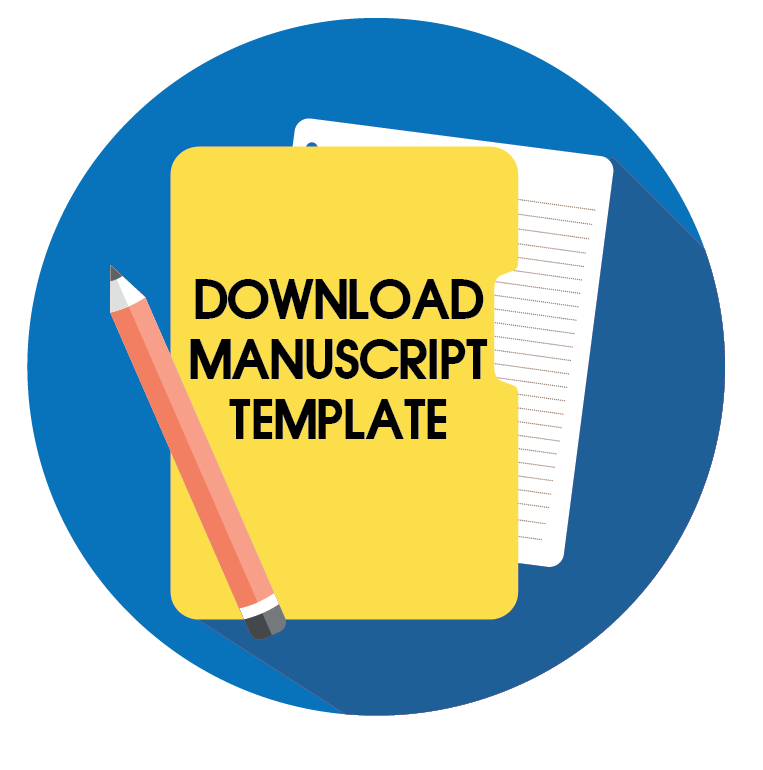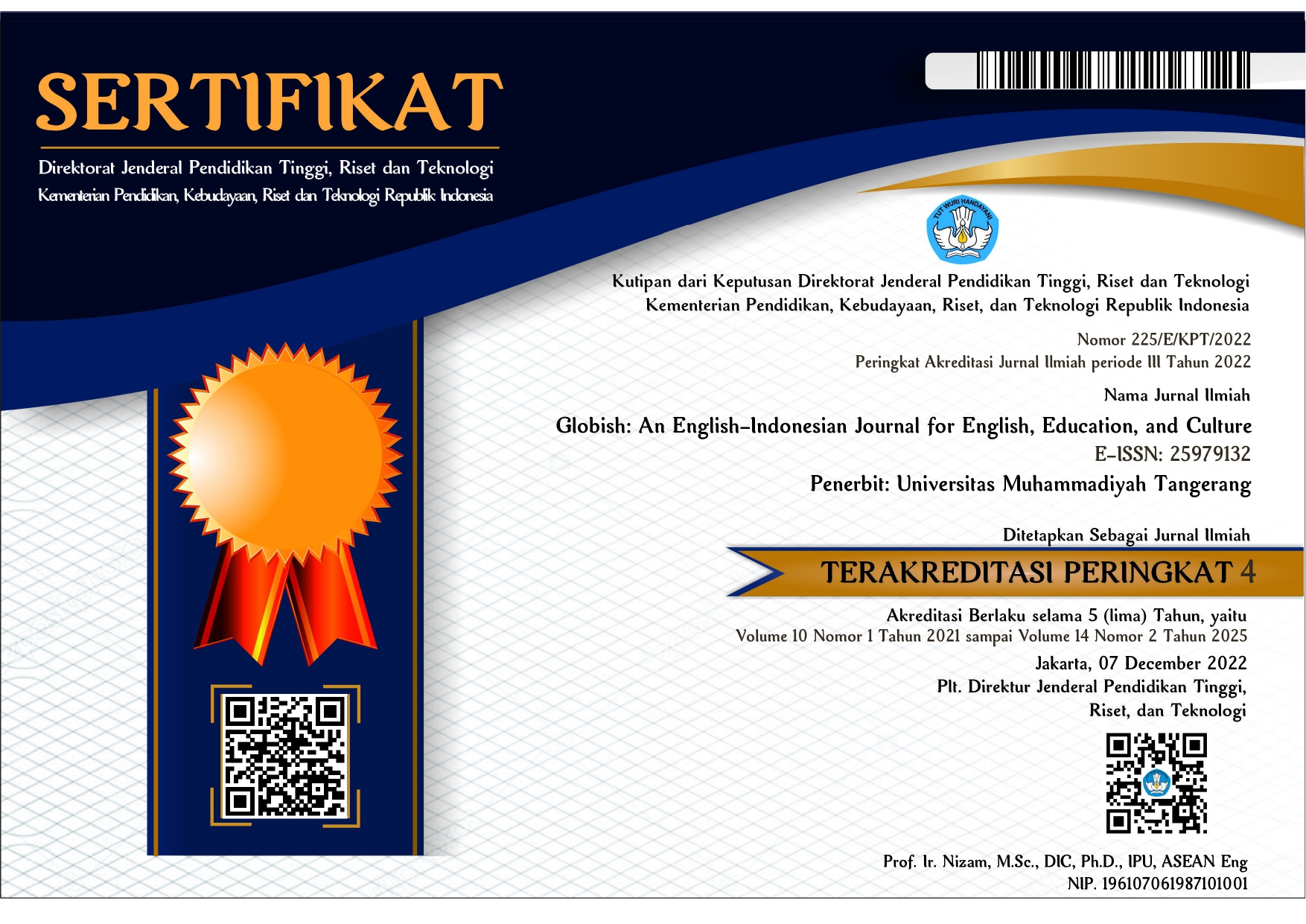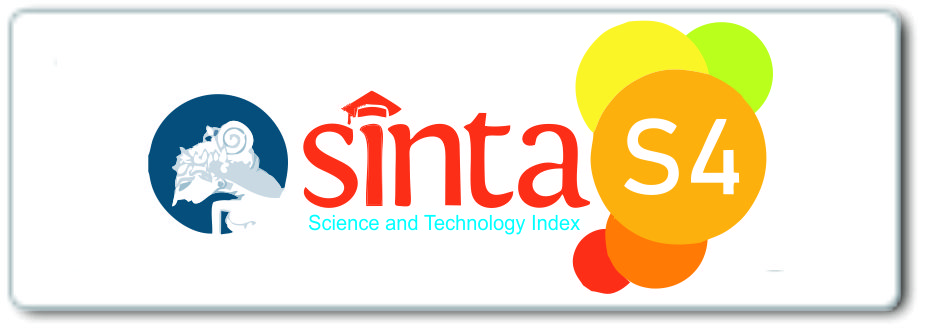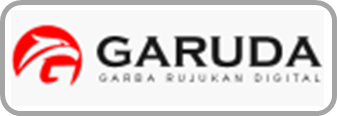Building The Students of 21st learning Century Skill Using PBL (Project Based Learning) on Millennial Generation of Secondary students of SMPN 07 Tangerang in 2013 Curriculum
Abstract
Full Text:
PDFReferences
Barak, M.: 2002, ‘Learning Good Electronics or Coping with Challenging Tasks: The Priorities of Excellent Students’, Journal of Technology Education 14(1), 20–34.
Barak, M. & Doppelt, Y.: 2000, ‘Using Portfolios to Enhance Creative Thinking’, Journal of Technology Studies 26(2), 16–24.
Anies,Baswedan.https://www.kiblat.net/2018/01/07/gubernur-anies-ingatkan pentingnya-pendidikan-karakter-bagi-anak/”
How to Build a Student for the 21st Century, TIME Magazine, December 18, 2006
McCoog, I.J. (2008). 21st Century teaching and learning. Education Resource Center. Retrieved from eric.ed.gov/PDFS/ED502607.pdf
Burke, M., Marlow, C. & Lento, T. (2009). Feed me: motivating newcomer contribution in social network sites. In Proceedings of the SIGCHI conference on human factors in computing systems (pp. 945‐954). ACM.
Carroll, T. (2007). “Teaching for the Future,” Chapter 4 in Building a 21st Century U.S. Education System. National Commission on Teaching and America’s Future. http:// www.nctaf.org/resources/research_and_reports/nctaf_research_reports/documents/ Chapter4.Carroll.pdf
Oliva, Peter F. Developing the curriculum: Sixth edition. NY: Longman 2003, pp 28-41.
Haller, C., Fisher, R., & Gapp, R. (2007). Reflection as a Means of Understanding: Ways in Which Confucian Heritage Students Learn and Understand Organisational Behaviour.Multicultural Education & Technology Journal, 1(1), 6-24
De Bono, E. (2007). Thinking revolution. Band-ung, Indonesia: Mizan Main Media.
De Vaus, D. A. (1996). Surveys in Social Research. (4th ed). Australia: UCL Press.
Helle, L., Tynjälä, P. & Olkinuora, E. (2006). Project-based learning in post secondary education – theory, practice and rubber sling shots. Higher Education, 51, 287-314.
The Nuts and Bolts of Cooperative Learning (1994). David W. Johnson, Roger T. Johnson
and Edythe Johnson Holubec
Bennett, N., & Dunne, E. (1992). Managing classroom groups. Hemel Hempstead: Simon & Schuster Education.
DOI: http://dx.doi.org/10.31000/globish.v8i2.1725
Article Metrics
Abstract - 1399 PDF - 576Refbacks
- There are currently no refbacks.
Globish
Program Studi Pendidikan Bahasa Inggris
Fakultas Keguruan dan Ilmu Pendidikan
Universitas Muhammadiyah Tangerang
Jl. Perintis Kemerdekaan I/33, Cikokol
Kota Tangerang, Indonesia
e-mail: globish_journal@umt.ac.id
Globish (p-ISSN: 2301-9913 | e-ISSN: 2301-9913) is licensed under a Creative Commons Attribution-ShareAlike 4.0 International License.









